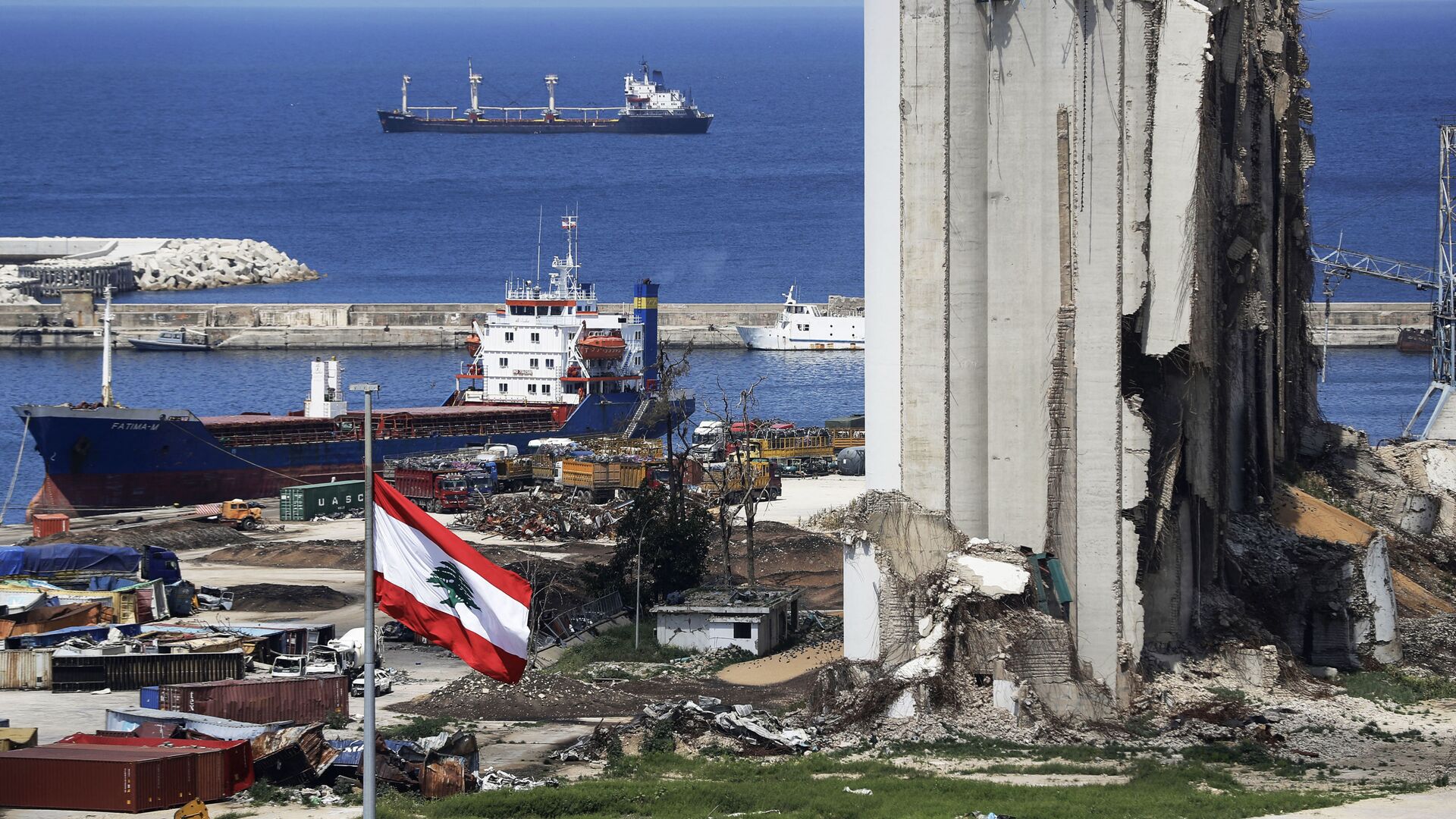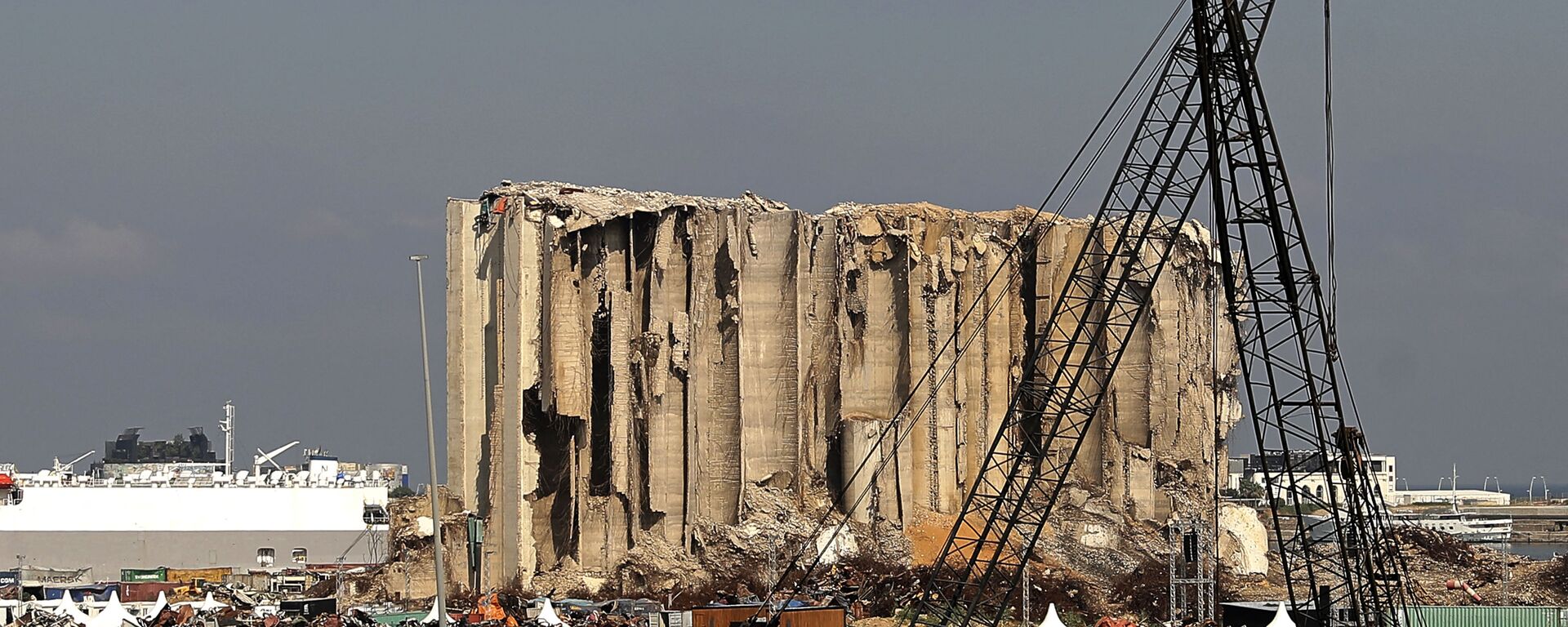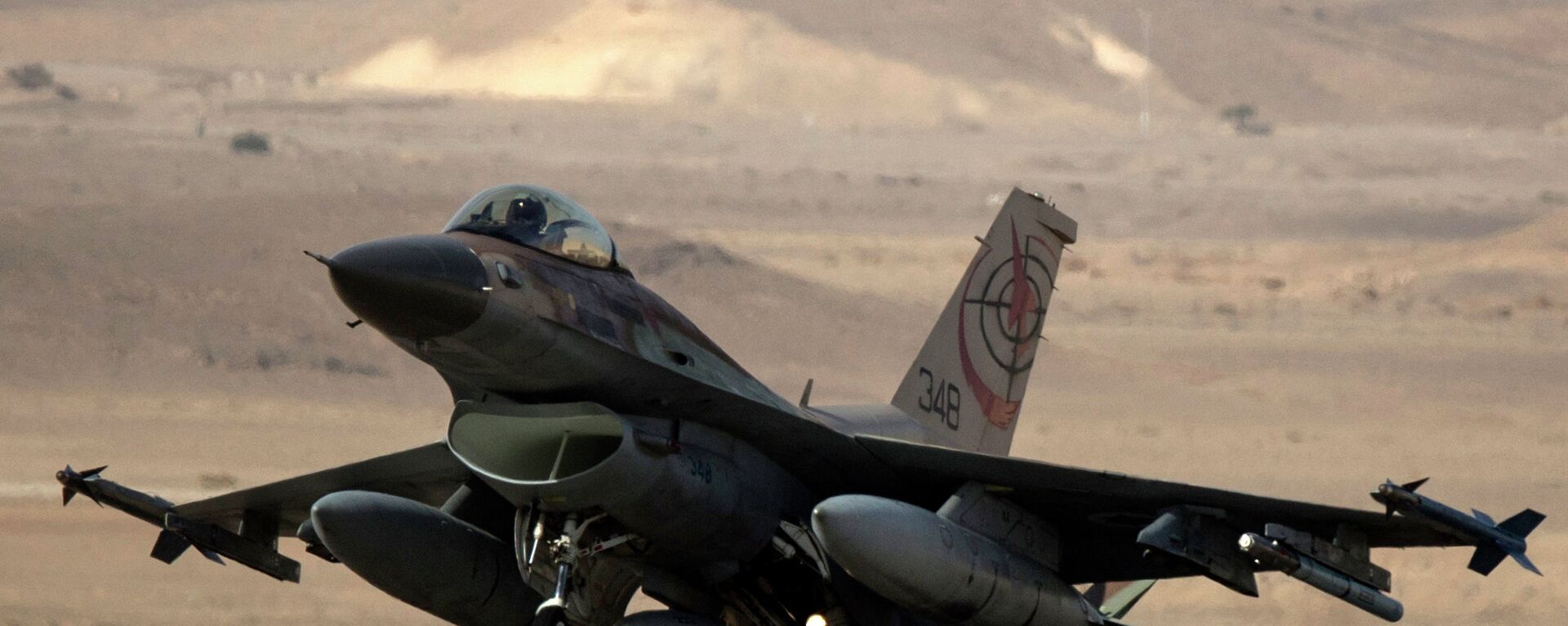Iran Confirms Readiness to Sell More Fuel to Lebanon if Necessary Following Watershed Deal
19:09 GMT 03.09.2021 (Updated: 19:21 GMT 03.09.2021)

© AFP 2023 / JOSEPH EID
Subscribe
Washington has sought to stop shipments of sanctioned Iranian fuel from making their way to Lebanon, a nominal US ally. Fuel deliveries to economically-struggling, energy-starved country were made possible as a result of a deal between Iran and Hezbollah, a major Lebanese political force which the US considers a ‘terrorist’ organization.
Iran is prepared to sell more fuel to the Lebanese government or individual Lebanese businessmen if necessary, Foreign Minister Hossein Amir-Abdollahian has announced.
“The strategy adopted by the esteemed leader of Hezbollah to end this Zionist-made crisis against the Lebanese people confirms the fact that the path to Lebanon’s honour depends only on self-reliance and the use of its assets and resources,” Amir-Abdollahian said, speaking to former Lebanese foreign minister Gebran Bassil. Bassil is the leader of the Free Patriotic Movement, a Lebanese Christian political party founded by President Michel Aoun. Amir-Abdollahian's remarks were conveyed by PressTV.
Bassil was said to have thanked Iran for its agreement to sell the fuel to Lebanon, and blasted political forces which he said have sought to “starve” the Lebanese people for the sake of their political ambitions.
Lebanon has been struck by crippling fuel shortages caused by a lack of funds in the face of an ongoing economic crisis exacerbated by political turmoil, the coronavirus and the massive ammonium nitrate blast that destroyed a large section of Beirut’s port last year. A recent government decision to cancel fuel subsidies led to a 70 percent increase in petroleum prices and caused widespread public dissatisfaction.
The first vessel containing Iranian fuel bound for Lebanon reportedly entered Syrian waters on Thursday, with sources telling media that the cargo will be delivered to Lebanon via tanker trucks. At least two more Iranian tanker ships are expected to deliver additional fuel to the country using the same method. The first destinations for the oil are expected to include hospitals with independent power generation capabilities.
Officials and lawmakers in Washington have expressed frustration over Iran’s plans to assist Lebanon with fuel deliveries. A delegation of four US senators visited the Middle Eastern country on Wednesday, indicating that America would like to “help” the country overcome the fuel shortages. The lawmakers warned, however, that if Beirut accepts the fuel supplies from Iran, it could face “severely damaging consequences.”
The United States has slapped Iran’s energy sector with crushing sanctions, and has threatened devastating secondary restrictions against any country that buys oil from the Islamic Republic.
Lebanese energy minister Raymond Ghajar deflected media questions about the Iranian oil shipments earlier this week, saying the government had not received any requests from Hezbollah for permission to import the emergency fuel supplies. “We do not have information. Permission was not requested from us. This is all I am saying,” Ghajar told Reuters.
The Iran-Lebanon fuel agreement was arranged by Hezbollah, a powerful Lebanese Shiite political force and militant group which the US designates as a “terrorist organization,” last month. Hezbollah has repeatedly confounded US foreign policy in the Middle East, fighting the Israeli army into a standstill in the 2006 Lebanon War, deploying fighters to Syria to help the country fight off a broad assortment of foreign-backed terrorists and rebel groups in 2012, and assisting Damascus in the war against Daesh (ISIS)* between 2014 and 2017.
Hezbollah leader Sayyed Hassan Nasrallah has repeatedly warned the US and Israel against making any efforts to stop the Iranian fuel from getting through, stressing that the militant group would consider the Iranian tankers as “Lebanese territory” from the moment they set sail.
Iranian Foreign Ministry spokesman Saeed Khatibzadeh issued a similar warning on Monday, emphasizing that the US was “not in a position to block legitimate trade,” and that Tehran was “very serious about exercising our sovereignty.”



